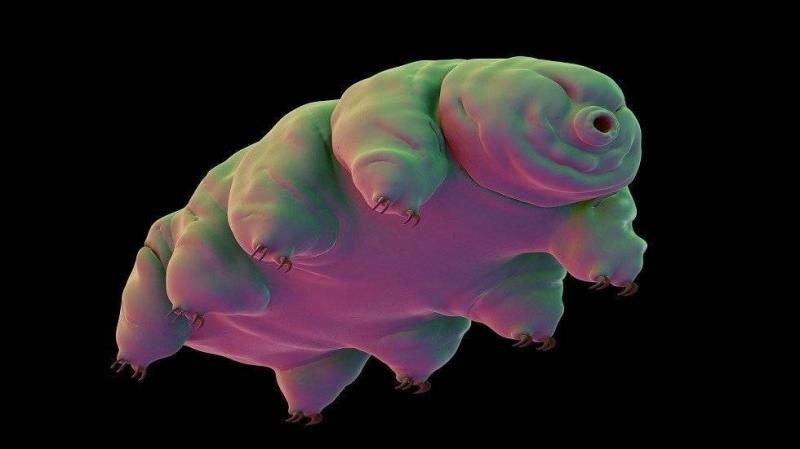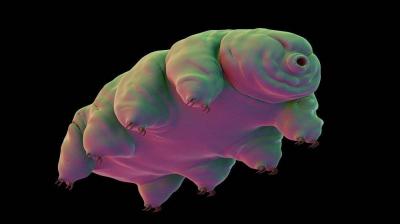A team of scientists studying the mysterious creatures known as "water bears" has found a potential new tool in their quest to slow human aging. "Water bears" are semi-microscopic, eight-legged creatures capable of surviving harsh conditions that would kill most other forms of life, thanks to proteins called CAHS that form gel-like substances within the cells and slow the biological processes that cause cell damage. This gel-like substance could serve as an anti-aging elixir.
When "water bears" are under stress, their entire body begins to slow down, including on a microscopic level. They can enter a state called cryptobiosis, where they can withstand near-complete desiccation for years until water becomes available again. Previous research has shown that when the cryptobiotic state begins in "water bears," their bodies produce more CAHS proteins. The more CAHS proteins present, the more their internal structures resemble gel.
In the laboratory, scientists have introduced "water bear" proteins into human cells and found that they slowed down and entered a kind of hibernation, just like the "eternal" creatures. Researcher Sylvia Sanchez Martinez from the University of Wyoming stated, "Just like the 'water bears,' when human cells containing these proteins enter a cryptobiotic state, they become more resistant to stress." Scientists have said that if our cells could resist DNA damage caused by the sun or exposure to harmful substances, like "water bear" cells, it may be possible to slow the entire aging process.




